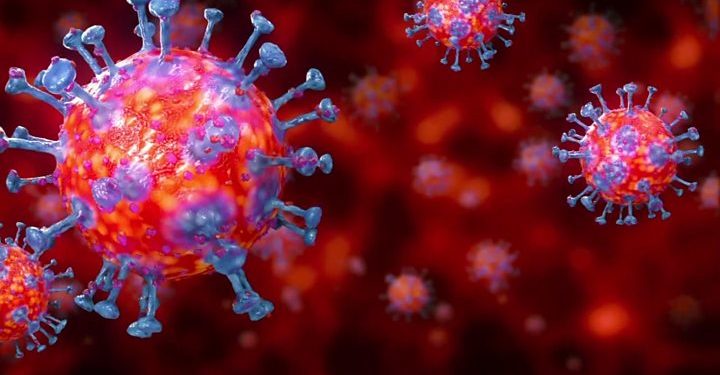New York: Since the novel coronavirus can easily spread among a vast pool of highly susceptible people, without control measures, seasonal and geographic climate variations alone may not slow down the pandemic, a new study says.
The findings of the research, published in the journal ‘Science’, noted that strong outbreaks are likely in more humid climates, and summer weather will not substantially limit the growth of the pandemic.
According to the researchers, including those from Princeton University in the US, a large number of people are still vulnerable to the novel coronavirus behind the COVID-19 pandemic.
Based on the speed at which the pathogen spreads, they said climate conditions are only likely to ‘make a dent’ in the current rate of infection.
“We project that warmer or more humid climates will not slow the virus at the early stage of the pandemic,” said study first author Rachel Baker from Princeton University.
While climate has some influence on the size and timing of the pandemic in general, Baker said, there’s enough number of susceptible people in the population for the virus to spread quickly no matter the atmospheric conditions.
Baker stated that the rapid spread of the virus in Brazil, Australia, and other nations in the tropics and the Southern Hemisphere – where the virus began during the summer season – provides indication that warmer conditions may not halt the pandemic. “It doesn’t seem that climate is regulating spread right now,” Baker pointed out.
However, scientists are unsure how temperature and humidity influence the virus’ transmission. Based on studies of other similar viruses, the researchers said, COVID-19 may become responsive to seasonal changes only after the supply of unexposed hosts is reduced if vaccines or other control measures are not present.
“Previously circulating human coronaviruses such as the common cold depend strongly on seasonal factors, peaking in the winter outside of the tropics,” said Bryan Grenfell, another co-author of the study from Princeton University.
If the novel coronavirus could be similarly seasonal, Grenfell said, it might settle down to become a winter virus as it becomes endemic in the population. Exactly how this might happen, depends on a lot of complex factors for a given location, he added.
Agencies






































